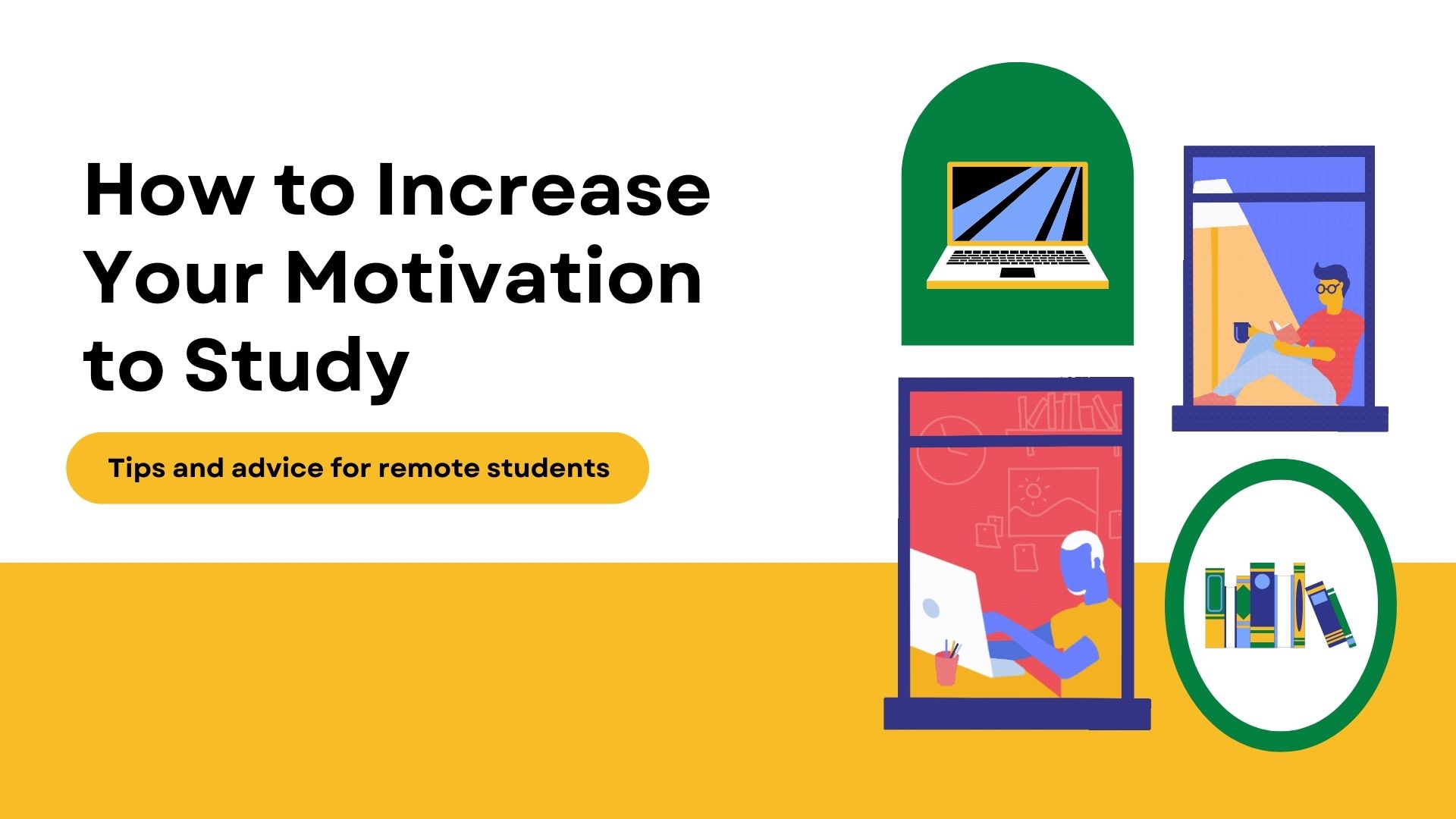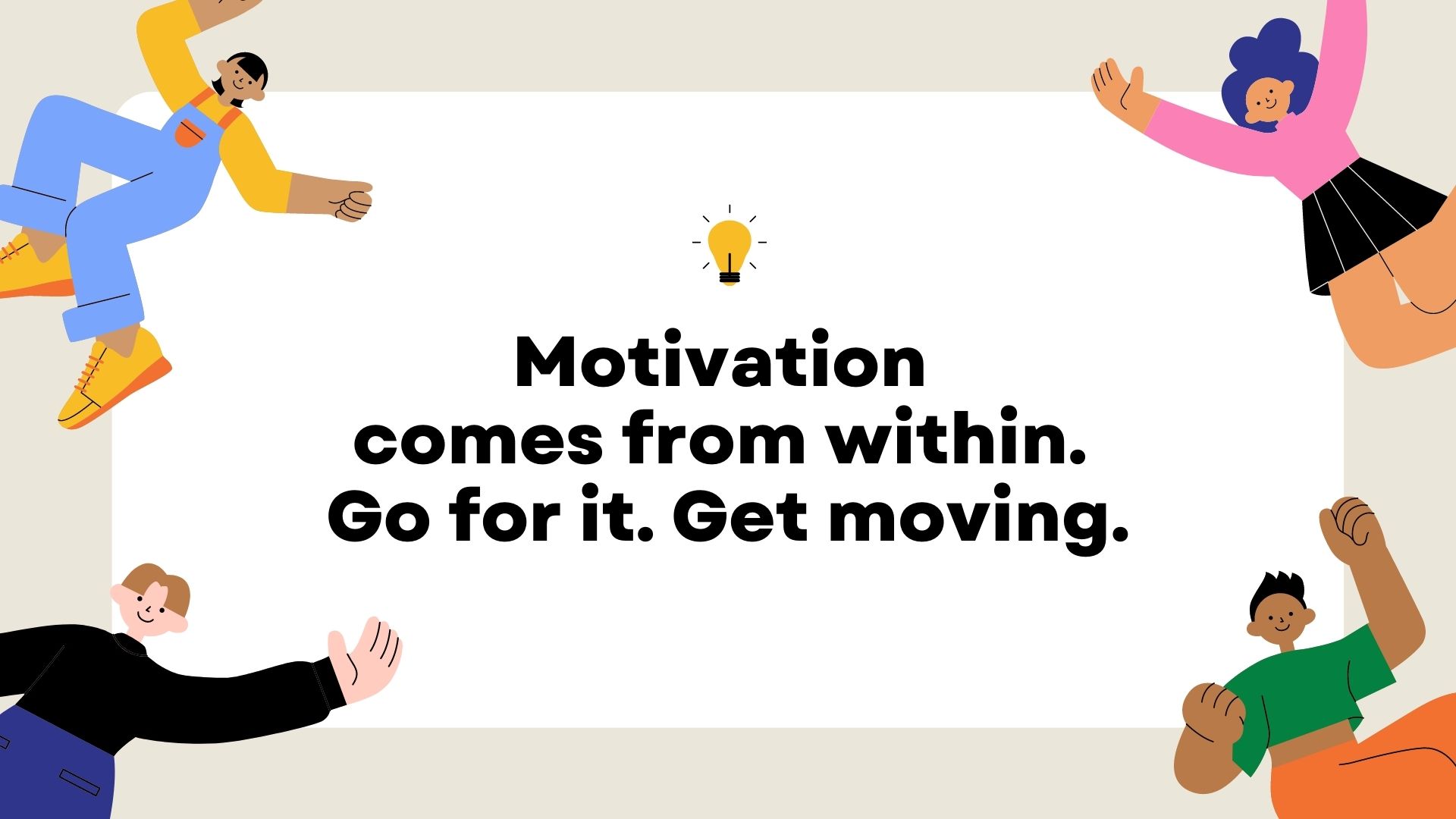
Almost everyone who has ever attended college has experienced the misery of looking at a blank computer screen. At this point, the option to buy a research paper online becomes very appealing for college students. Lacking study motivation is common. Many students struggle to study, especially when faced with a difficult subject.
There are, however, a few simple tricks that can help boost your motivation to study.
Organize your study space
One of the most common tricks students use to increase their study motivation is to organize their study space. Pick a place in your home that is comfortable and offers some privacy. Humidity and temperature are two important factors to consider when organizing your study space. You want to be in a space that lets you relax and be comfortable, but also one that allows you to focus on your studies.
However, as you are layering in here, you should also consider organized shelves for your books and notes. These keep your books upright and provide a designated area for notes and do notches for pens or pencils.
Set attainable goals for a study session
When it comes to studying, it is important to set attainable goals. This means setting goals that are realistic and achievable given the time frame that you have. For example, if you only have an hour to study, you will not want to set a goal of reading an entire chapter. Instead, a more attainable goal would be to read a certain number of pages or to complete a certain number of problems. By setting attainable goals, you are more likely to stay motivated and on track during your study session.
Start with your easiest task
If you have trouble starting with your easiest task, consider using a warm-up routine. Warming up helps you focus and be ready to work. Once you have your starting point, be sure to start slowly and work your way up to the more difficult tasks. Instead of rushing to finish, simply focus on one step at a time. It also feels really good to start your day by crossing something off your list!
Eliminate distractions

You want your space to be nice and cool during study hours, but also want to be able to move around without distractions. So, consider what type of furniture you want in your space and whether you will need to move it around depending on the season.
When you are studying:
- Put your cell phone away
- Turn off the Wi-Fi
- Turn off the television
You will want to be able to relax and focus on your books, away from distractions. There are many options for sound-canceling furniture available, or you can try adding window coverings or sending away any noisy neighbors.
Study in short bursts
While long study sessions can be helpful, long workouts in the gym don’t always lead to the best results. Short, intense study sessions are more helpful than longer ones when your aim is to actually learn the material. Long study sessions tend to lead to distractions and your mind beginning to wander.
Instead, try setting a timer for 45 minutes and working on that topic until the timer goes off. After the timer goes off, give yourself a 20-minute break. After several cycles of 45/20, take a longer break or study some other subject.
When you are under a lot of pressure to perform, it can be tempting to try and learn as many topics as possible. However, spreading your attention across topics prevents you from learning any one thing deeply. So, instead of trying to learn three different subjects at a time, focus on one and give it your all.
Improve your study habits
While there is no one formula for success, discovering the best study habits for you is key to achieving academic success. Figuring out what works best for you can take some trial and error, but once you find a method that works, it will be easier to stay motivated and achieve your goals.
The platinum rule of studying is: Do what you do best.
First, figure out your strengths. Whether it is speaking, writing, organizing ideas, or some other skill, figure out which areas you excel in. With that in mind, focus on doing academic tasks that align with your strengths. While it can be helpful to do some practice in weaker areas, there is no need to cover every area when you could be perfecting your leadership skills. Instead, leaders should aim to have a solid command of their strengths while learning how to ask for help when they need it.
Focus on your long-term goals
It’s so easy to get caught up in the day-to-day and lose sight of the things we’re working towards. When we’re constantly putting out fires and trying to keep our heads above water, it’s tough to focus on our long-term goals. But if we want to achieve something great, we need to keep our eye on the prize.
It’s not always easy, but it’s important to remember what we’re striving for and why. When we stay focused on our long-term goals, we’re more likely to achieve them. And when we achieve our goals, we can look back and be proud of ourselves for not giving up, even when things were tough.
Join a study group
Connecting with others while you study helps keep your mind active. Study groups are a great way to dig into a topic and learn how to approach problems.
When you join a study group, you are joining other students who are looking to improve in the same subject. This not only gives you somebody to study with, but also different perspectives on the material. You can learn new methods for approaching problems and get better at communicating your thoughts. Additionally, study groups can provide a network of people to help you in your future endeavors.
Don’t question your abilities
Self-doubt is a trap that is very simple to fall into. We are preventing ourselves from having a shot at success whenever we cast doubt on our capabilities and refuse to believe in ourselves. The devastating power that is doubt can keep us from accomplishing the things we set out to do. Have faith in who you are and the things you can do. You have the power to achieve great things.
Make use of a motivational poster

A motivational poster is a powerful tool that can help you stay focused and positive. By prominently placing it in your room, you can remind yourself of your ambitions every day. A motivational poster can help you stay on track when you feel like you’re losing motivation, and it can be a source of inspiration when you need a boost. Whether you’re looking to achieve a personal goal or reach a professional milestone, a motivational poster can be a valuable asset in your journey.
Reward yourself for your hard work
After a long day of work, it can be tempting to just relax and veg out in front of the TV. However, if you’ve been working hard and want to reward yourself, there are plenty of other options that can be just as satisfying.
One way to reward yourself is to take a break and do something you enjoy. Maybe you want to read your favorite book, take a long bath, or go for a walk outside. Whatever helps you relax, do it! You can also treat yourself to something special, like your favorite food or a new piece of clothing.
Giving yourself a reward is a great way to show yourself that you appreciate your hard work. It doesn’t have to be anything big – just enough to make you feel appreciated and happy.
Conclusion
It’s important to set realistic goals when it comes to studying and to break those goals down into smaller, manageable steps. Trying to do too much at once can be overwhelming and lead to burnout. It’s also important to find a study method that works for you and to create a study space that is comfortable and conducive to focus. Finally, make sure to take breaks and allow yourself time to relax – too much focus can lead to burnout. By following these tips, you can create a study routine that works for you and helps you make the most of your time.


